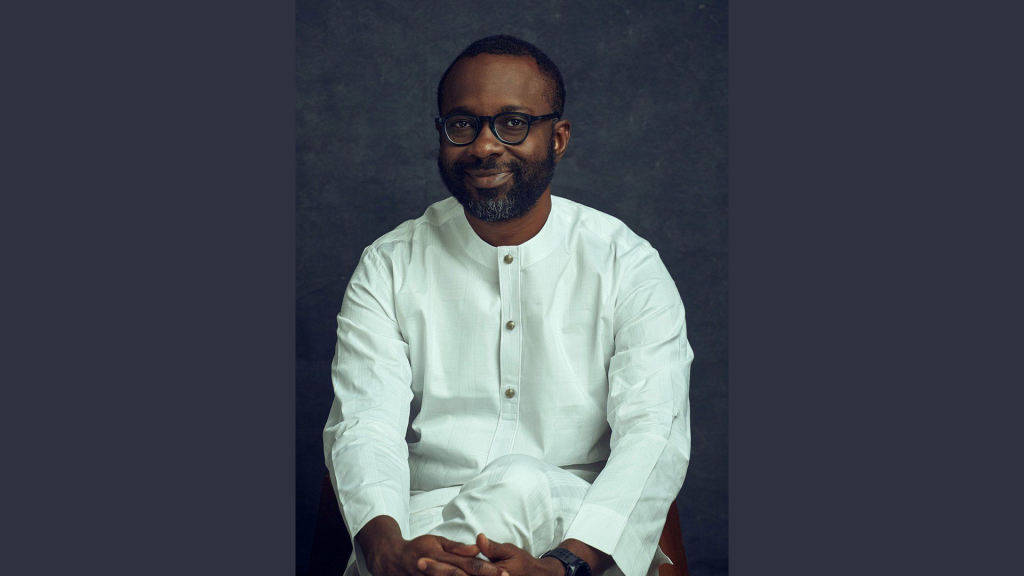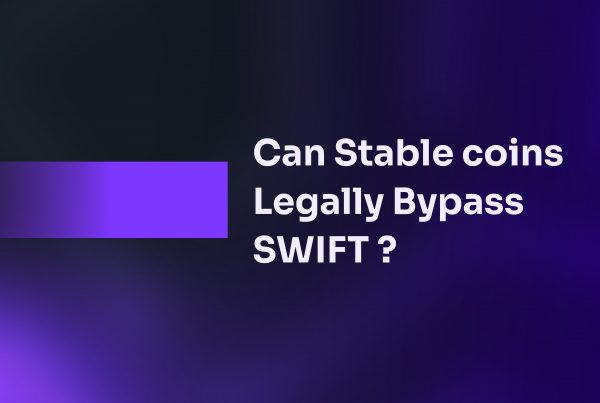Although Oviosu mainly spoke about fintechs, other businesses can get insights from this playbook.
In search of growth and additional options to generate more revenue, businesses expand beyond their country of bases into other territories.
Scaling is a big deal in the African fintech industry, where we have seen different startups expand with various methods. Payment company Paga expanded to Ethiopia and attempted to do so in Mexico; Paystack is now in Ghana and South Africa. Unicorn, Flutterwave, who has scaled its payments products across sub-Saharan Africa, expanded its services up north to Morocco and Egypt and planning expansions into emerging markets such as the Middle East and Latin America.
And it’s not just for fintechs; expansions happen across business genres. In e-commerce, for example, popular internet marketplace Jumia first launched in Nigeria in 2012 and has since expanded to five other countries.
Scaling across borders is very important for businesses, but it has turned out to be an absolute head-scratcher. CEO of Paga Tayo Oviosu has a playbook on scaling, having attempted twice with one successful expansion. He gave tips from this playbook during a session at the Ecobank Fintech Breakfast Series in Lagos in March.

Tayo Oviosu is one of the most important personalities in the African fintech industry
In search of growth and additional options to generate more revenue, businesses expand beyond their country of bases into other territories.
Scaling is a big deal in the African fintech industry, where we have seen different startups expand with various methods. Payment company Paga expanded to Ethiopia and attempted to do so in Mexico; Paystack is now in Ghana and South Africa. Unicorn, Flutterwave, who has scaled its payments products across sub-Saharan Africa, expanded its services up north to Morocco and Egypt and planning expansions into emerging markets such as the Middle East and Latin America.
And it’s not just for fintechs; expansions happen across business genres. In e-commerce, for example, popular internet marketplace Jumia first launched in Nigeria in 2012 and has since expanded to five other countries.
Scaling across borders is very important for businesses, but it has turned out to be an absolute head-scratcher. CEO of Paga Tayo Oviosu has a playbook on scaling, having attempted twice with one successful expansion. He gave tips from this playbook during a session at the Ecobank Fintech Breakfast Series in Lagos in March.
”We have gone through a journey where we decided ourselves that first of all; we have been in Ethiopia from an operational perspective for a while; we have a team of about 50 people in Ethiopia, and we have been doing business there for eight years. Ethiopia is one that is dear to us.
”But then we also thought why limit ourselves to Africa; maybe we should go beyond Africa; so I travelled the world to look at different markets; decided to go to the Latin American countries, Mexico, and during the pandemic, we decided to pull back from that. But that experience was very interesting for us because we learnt quite a lot about what it takes to go launch in a new market, and we created a playbook which we are now using as we expand across Africa.
Micro-conditions
The fintech boss started his session by discussing why fintechs and businesses might choose to expand from their base.
”So I think you have to be careful not to spread yourself too thin; it's not by force to leave a country. I think you also have to make sure that you don't lose sight of your main market especially if your first country is your biggest market.
”All the countries are different. They have different nuances, so you also have to be very careful about being sensitive to that. Nigeria is a big market, why do we have this bigger ambition.
”The first thing for us is that if you are in a big enough market where the micro-conditions are perfect, you do not have to leave. Paytm has not left India. Paytm is doing very well, and they have not left India because the micros of india actually supports it.
”I think the micros of Nigeria supports building big businesses here but it also points to the facts of what want both for investors and shareholders and the team who are pouring the life into you to also dierisk some of the micro elements of Nigeria and I think this is true of most African countries. For any company in almost any country across the continent, you have to think about potentially leaving your country.
”You can see a lot of South African companies that don't leave South Africa and it's a very interesting conversation. That said, I think you have to think very carefully about not spreading yourself too thin.
The best time to scale
Here, Oviosu advised fintech startups not to start thinking about expansions during the early stages of the business.
”I think it depends on your business. Every Fintech is different, depending on what you are addressing and how big your addressable market is in the current market. And whether the opportunity you are addressing is not a first to market thing, I have companies I am advising now who are in their seed phase and have already gone to another country.
”It is going to be a big distraction, but part of it is what they are addressing. If they just focus on Nigeria, they'd probably be dead soon. It's not big enough for what they are trying to address. And it's actually more established in other countries where they can get it going. So I sort of get that logic. Even though they are originally from Nigeria.
”But I wouldn't advise it for most people. I would say, get to Series Aish, Series Bish (I mean in the scale of what you are executing. You have already figured out product-market fit, you have already built a brand, you have built an understanding of your business.
”If I look at my experience with Paga, I didn't write a business case for Paga until I was in Series A. The best advice I got at the beginning was don't write the business plan but do what it takes to the next step. If I had written a business plan at the very beginning, it would have been rubbish. But the time I got into Serie A three years in, I knew what I was talking about. And then you are also coming with credibility and establishment even for the people and partners you are talking to. So you would then be able to move a bit faster in the new countries that you go to.
”My general advice to people is don't look to scale into other countries too fast; take time and be measured about it.It's flashy to say we are in 25 countries when you are really not.
Marketing
Marketing in a foreign country is complicated. Marketing copies that might make sense in your country of base might connote negatively in another culture or country. Paga CEO advises that businesses have to be aware of the risk of having a brand that does not translate well with another culture and country.
”It starts with the brand. You have to make sure that the brand translates well to the market that you are going to and how people will think about it. One thing you have to think about first is how open that country is to foreigners both from a cultural perspective as well as just the environment.
Culture
Before entering a new market, it is essential to research the new country’s culture and how it differs from your country. Oviosu spoke about the importance of having a team to help break down cultural nuances.
”For us what we have seen in Ethiopia for example, you need to understand the nuances of how things work. I went into a meeting with a colleague who is a COO of our Ethiopian businesses and I came out of that meeting thinking, 'wow, we got this deal' and he said, 'I don't think so. So he says, 'give me a second'; he goes back and spends another five, ten minutes with the person, and comes out like, 'there is no deal'.
”I misread that completely. With Nigerians, you know when things are going to be done, Ethiopians or East Africans generally are a little bit reserved about that and have more cards to the chest, and you have to be able to read that. That plays out in day-to-day situations. That is why it's important to have a day-to-day team, to break down all of these nuances.
Role of banks
When scaling across borders, there are a lot of benefits for fintechs to partner with banks. Oviosu pointed out that partnering with a bank with a large footprint can help fintechs launch in foreign markets.
”Involvement in this conversation that we are having and saying we as a bank are in a position where we have regulatory relationships in all of these markets. We can actually help the regulators understand how technology is evolving, and we can play a role in what regulations actually exist and we can open those markets. Fintechs might be able to move faster than us in certain aspects but still leverage our infrastructure and what we are doing.
Regulators
Dealing with regulators is another big headache while scaling your business across borders. Oviosu highlighted the need for research about the market before meeting regulators.
”Before I deal with the regulators, I would have done a lot of work in the market; understand the market and understand where I think we can play. By the time I meet the regulator, it's more 'this is who we are' and 'this is what we do and what you think it will solve in your market'.
”Regulators are surprisingly very open. Going in with the mindset of learning, you will get more rather than thinking that you already know how it is going to go."




